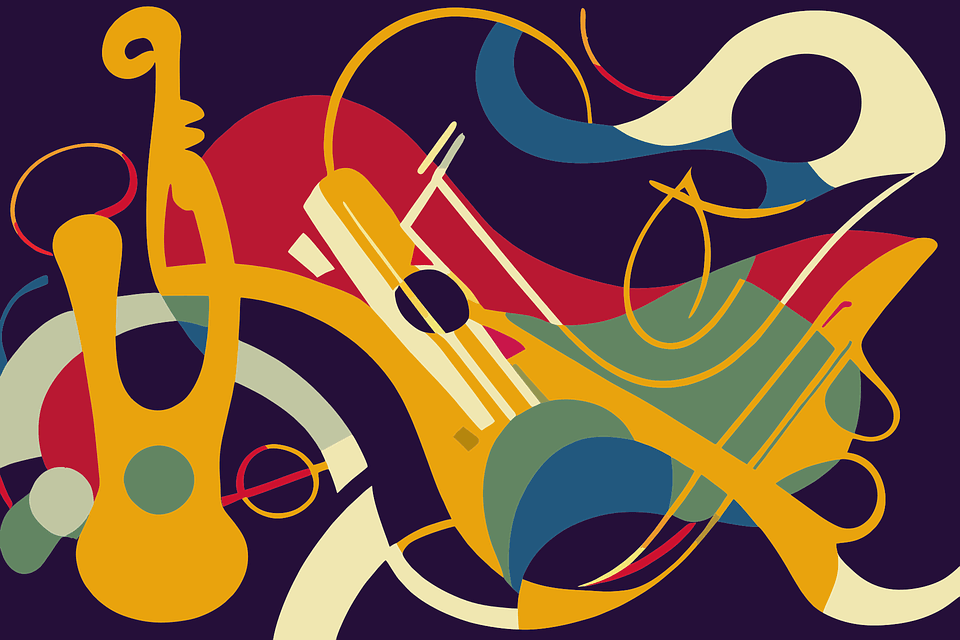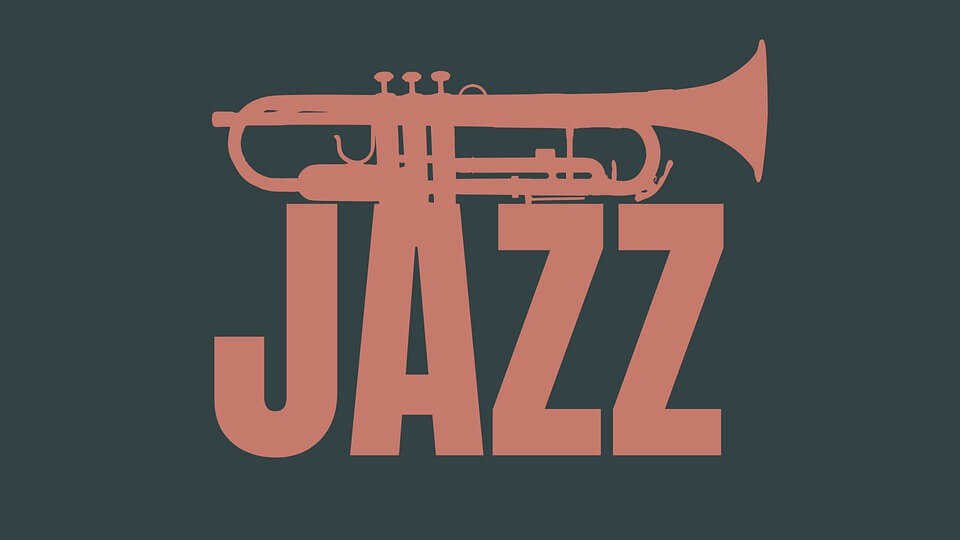Discover the history and significance of International Jazz Day, as well as the various activities and events held to celebrate this global event. Learn about the roots of jazz music, influential musicians, and interesting fun facts about the genre.
International Jazz Day is an annual event celebrated on April 30th to recognize the cultural significance and historical importance of jazz music. The day was officially designated by the United Nations Educational, Scientific, and Cultural Organization (UNESCO) in 2011, and it aims to promote jazz as a universal language of freedom, creativity, and unity. International Jazz Day features concerts, jam sessions, workshops, and other educational events that bring together jazz musicians and enthusiasts from all over the world to celebrate the genre’s rich heritage and ongoing influence.
History of International Jazz Day
International Jazz Day was officially recognized by the United Nations Educational, Scientific, and Cultural Organization (UNESCO) in 2011, but the idea for the celebration originated with jazz pianist and composer Herbie Hancock. In 2010, Hancock proposed the creation of an International Jazz Day to UNESCO Director-General Irina Bokova, who immediately embraced the idea.
The first International Jazz Day was held on April 30, 2012, with events taking place in more than 190 countries around the world. The day was marked by concerts, workshops, jam sessions, and other educational activities that highlighted the importance of jazz as a means of promoting cultural understanding, communication, and cooperation.
Since its inception, International Jazz Day has become an annual event, with each year’s celebration featuring a different host city and a variety of concerts and activities that showcase the genre’s diverse styles and cultural influences. The day has also served as a platform for promoting jazz education and supporting the next generation of jazz musicians.

Source: pixabay.com
Jazz Timeline
Here’s a brief timeline of some key events in the history of jazz:
- Late 19th and early 20th centuries: Jazz emerges in New Orleans as a fusion of African rhythms, blues, and ragtime.
- 1917: The first jazz recording is made by the Original Dixieland Jass Band.
- 1920s: Jazz spreads across the United States and becomes the soundtrack of the “Jazz Age.” Important jazz musicians of the time include Louis Armstrong, Duke Ellington, and Bix Beiderbecke.
- 1930s: Swing becomes the dominant style of jazz, featuring big bands and danceable rhythms.
- 1940s: Bebop emerges as a reaction to swing, with complex harmonies and fast tempos. Key bebop musicians include Charlie Parker, Dizzy Gillespie, and Thelonious Monk.
- 1950s: Cool jazz and hard bop develop, as well as the beginnings of free jazz.
- 1960s: Jazz becomes more experimental and avant-garde, with musicians like John Coltrane, Ornette Coleman, and Miles Davis pushing the boundaries of the genre.
- 1970s: Jazz fusion combines jazz with rock and funk, featuring artists like Herbie Hancock and Chick Corea.
- 1980s and beyond: Jazz continues to evolve and incorporate new influences, including hip-hop and electronic music. Contemporary jazz musicians include Wynton Marsalis, Esperanza Spalding, and Kamasi Washington.
International Jazz Day Activities
International Jazz Day is celebrated around the world with a variety of activities and events that highlight the cultural significance of jazz music. Some common activities include:
- Concerts: Many cities host jazz concerts on International Jazz Day, featuring local and international musicians.
- Jam sessions: Jazz musicians often gather together for impromptu jam sessions, where they improvise and create music together.
- Workshops: Jazz workshops and clinics are often held on International Jazz Day to provide educational opportunities for musicians of all ages and skill levels.
- Exhibitions: Museums and galleries often hold exhibitions of jazz-related art and memorabilia, including photographs, posters, and instruments.
- Film screenings: Jazz documentaries and films are often screened on International Jazz Day to provide insights into the history and impact of the genre.
- Lectures and talks: Jazz scholars and historians may give lectures or talks on the history and cultural significance of jazz music.
- Community events: Many communities organize street parties, picnics, and other outdoor events to celebrate International Jazz Day and bring people together around a shared love of music.
Why We Love and Celebrate International Jazz Day
There are many reasons why people love and celebrate International Jazz Day. Here are a few:
- Cultural significance: Jazz music has a rich history and cultural significance that spans the globe. It has been a source of inspiration and unity for people from all walks of life, and has influenced countless other genres of music.
- Creativity and improvisation: Jazz is a genre that values creativity and improvisation, and encourages musicians to express themselves in unique and innovative ways. This aspect of jazz resonates with many people, as it celebrates individuality and self-expression.
- Community: Jazz has always been a community-oriented genre, with musicians coming together to collaborate and create. International Jazz Day celebrates this sense of community and encourages people to connect with one another through music.
- Universal language: Jazz is often referred to as a universal language, as it can be understood and appreciated by people from all cultures and backgrounds. This makes it a powerful tool for promoting cultural understanding and communication.
- Joy and celebration: Finally, people love and celebrate International Jazz Day because it is a joyous and celebratory occasion. Jazz music has a way of lifting people’s spirits and bringing them together, and International Jazz Day provides an opportunity to experience that sense of joy and celebration on a global scale.
Interesting Fun Facts About Jazz
Here are some interesting fun facts about jazz:

Source: pixabay.com
- Jazz was born in New Orleans, Louisiana, in the late 19th century, and quickly spread throughout the United States and around the world.
- Jazz has its roots in African rhythms, blues, and ragtime, as well as the brass band tradition of New Orleans.
- Some of the most influential jazz musicians of all time include Louis Armstrong, Duke Ellington, Charlie Parker, Miles Davis, and John Coltrane.
- Jazz is known for its improvisational nature, with musicians often taking solos and playing off of one another in real time.
- The first jazz recording was made by the Original Dixieland Jass Band in 1917, and featured the songs “Livery Stable Blues” and “Dixie Jass Band One-Step.”
- Jazz has influenced many other genres of music, including rock, funk, and hip-hop.
- Jazz has been recognized by the United Nations Educational, Scientific, and Cultural Organization (UNESCO) with the establishment of International Jazz Day on April 30th.
- Jazz festivals are held all over the world, including the New Orleans Jazz & Heritage Festival, the Montreux Jazz Festival in Switzerland, and the North Sea Jazz Festival in the Netherlands.
- Jazz musicians often use specialized terminology to describe their music, such as “head” (the main melody of a song), “swing” (the rhythmic feel of jazz music), and “comping” (accompanying a soloist with chords and rhythms).
Jazz has been performed in many different settings, from intimate nightclubs and concert halls to outdoor festivals and street parades.